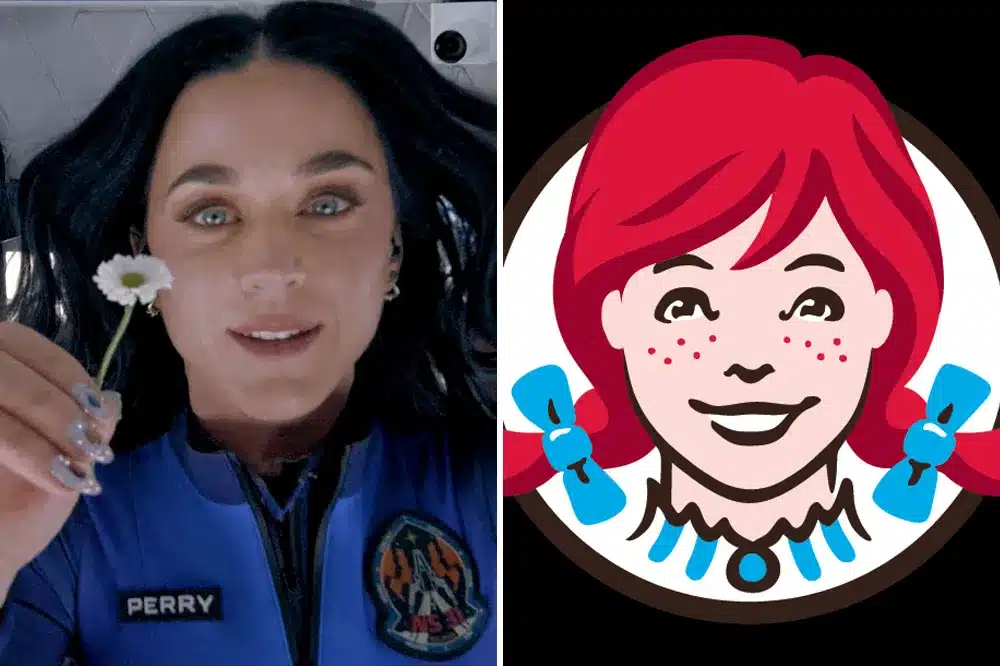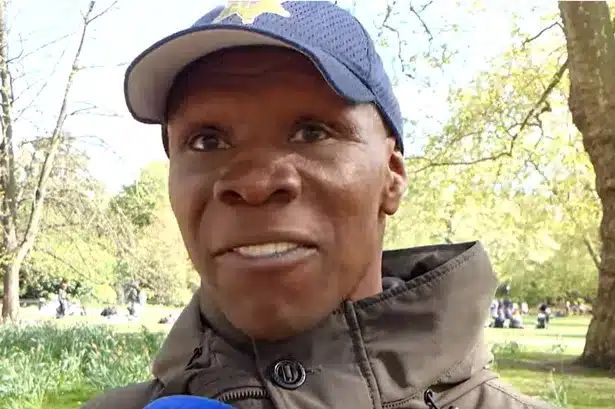Who really runs the internet? I think we all know the answer to that, right? Obviously, it’s the Illuminati, tag-teaming it with Tupac and Trump.
Images VIA
Seriously though, the internet is a massive and complicated place. Have you ever wondered who is in charge? Who’s calling the shots, if anyone? Something as vast and profitable as the internet must be owned, controlled and policed by somebody. Last year, for instance, more than 3 billion humans used the internet, along with a couple of curious chimps and an Alsatian.
In the 1990s, before the internet had fully taken over, Jennifer Cobb Kreisberg wrote an article for Wired magazine called “A Globe, Clothing Itself with a Brain.” That title is mind-blowingly insightful, impressively spot on and fucking cool at the same time. That’s what’s happening here. Earth is being smothered gently by a brand new electronic brain filled with nothing but cats, wrestling and tits.
Some people estimate that there will be more than 50 billion devices connected to the internet by 2020. Someone has to be running the show, right?
Most people, who aren’t down with the Illuminati/Tupac internet theory, consider Google to be in charge. That’s a sensible guess, and those colourful giants certainly do have their fat little fingers in a lot of pies; but in reality, the vital, overarching structural bits and bobs of the internet aren’t under Google’s control.
Another sensible answer to the question “who owns the internet?” is “Apple.” Again, those guys are some big players, but they have little or nothing to do with controlling the internet. Most people view it through one of Apple’s devices, but the nuts and bolts of the internet – they have no control over. They just own me and you and our bank accounts.
Because the internet is vast, and because rich folk like to hide behind shields of gold to protect themselves from the gaze of the poor, the big players are hard to pin down.
Below are some of the companies who are involved in running the internet. Because of the way things are in modern business, it’s sometimes difficult to understand where one company ends and the other begins. They are almost as interconnected and entwined as the internet itself.
Most of the company’s names will be totally unfamiliar to you; they certainly were to me. But these are the big guys, without whom the internet would be a useless 6 inch floppy disk:
International Telecommunication Union (ITU)
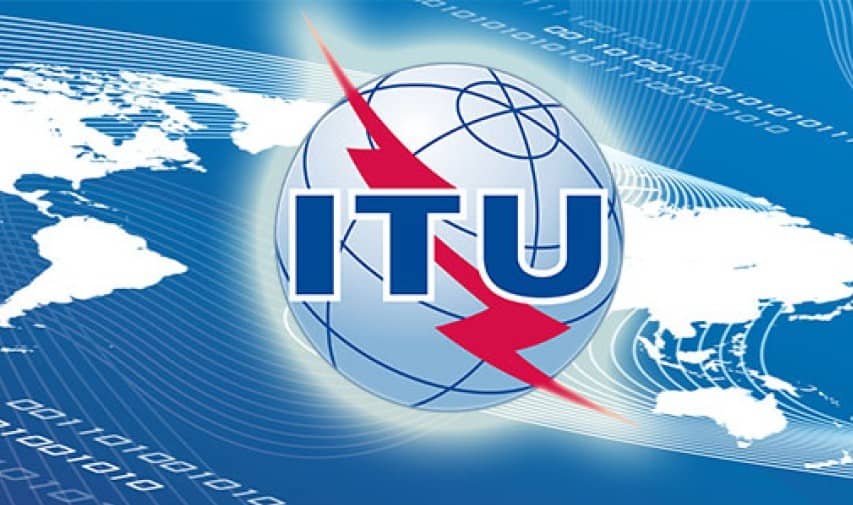
Image VIA
Established more than a century ago, the ITU handles international communication and information technology. As a company, they control radio frequencies on earth and in space, and satellite navigation.
Anyone who has any kind of internet-based grievance can contact them; they act as a kind of high court for the internet. They’re a sort of peacekeeper that works to keep the internet open and fair.
The Internet Society
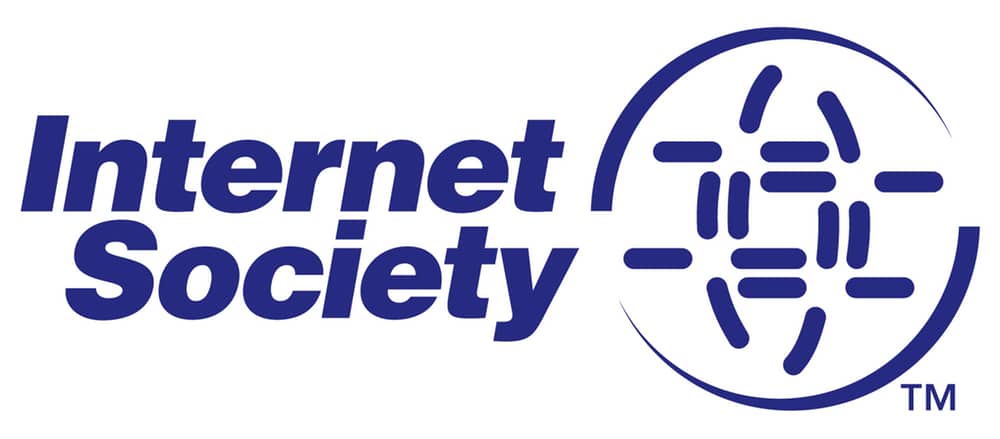
Image VIA
These guys aim to keep the internet open, transparent and secure. The Internet Society has a similar remit to the ITU. The group also want the internet to remain for everyone, rather than become some kind of money farm run by the elite (good luck with that).
The organisation has more than 65,000 members and, according to its website, its goals go like this:
A) “Works to ensure that the internet and the Web that it is built on continues to develop as an open platform that empowers people to share ideas and connect in new and innovative ways.”
B) “Serves the economic, social, and educational needs of individuals throughout the world, today and in the future.”
Internet Architecture Board (IAB)
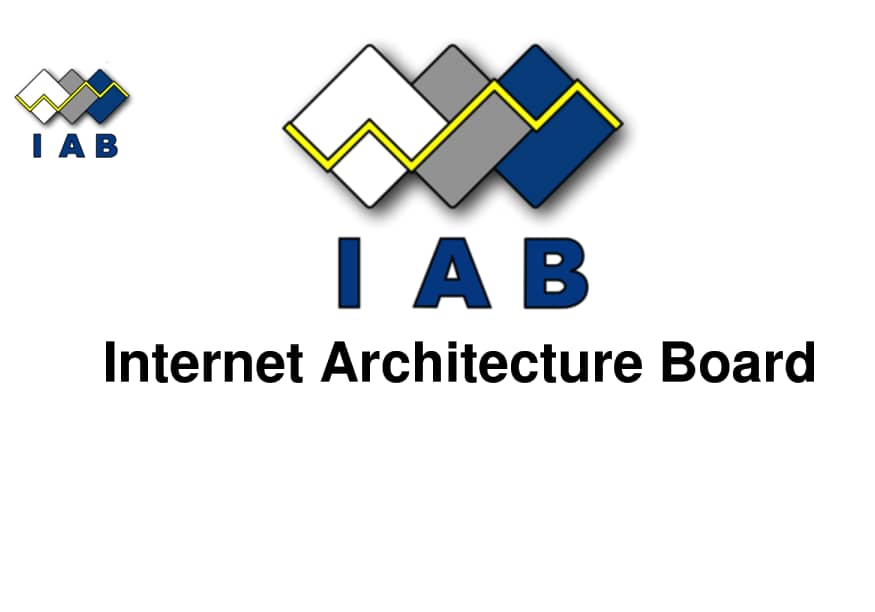
Image VIA
The IAB were first born back in 1992, and descended from ARPA (Advanced Research Projects Agency). ARPA were one of the early originators of the internet phenomenon. They are credited with joining together four computers back in the musty dusty year of 1969. This was considered a huge breakthrough at the time and some herald it as the foetus of the internet.
When the Internet finally became a grown up and walked on its own two feet, ARPA dissolved and the IAB slipped into its place.
The IAB consists of a panel of elected officials. Who exactly keeps these officials in check is unclear though. As the internet swells its blubbering tentacles across the universe, filling every home and brain, the IAB passes a watchful eye over the technological and engineering side of things.
The IAB maintains worldwide systems and tech standards, like the Transmission Control Protocol (TCP). No, I don’t know what the TCP is. I looked it up and Wikipedia told me that the TCP is: “a core protocol of the Internet protocol suite. It originated in the initial network implementation in which it complemented the Internet Protocol (IP).” OK?
The Internet Engineering Task Force (IETF)
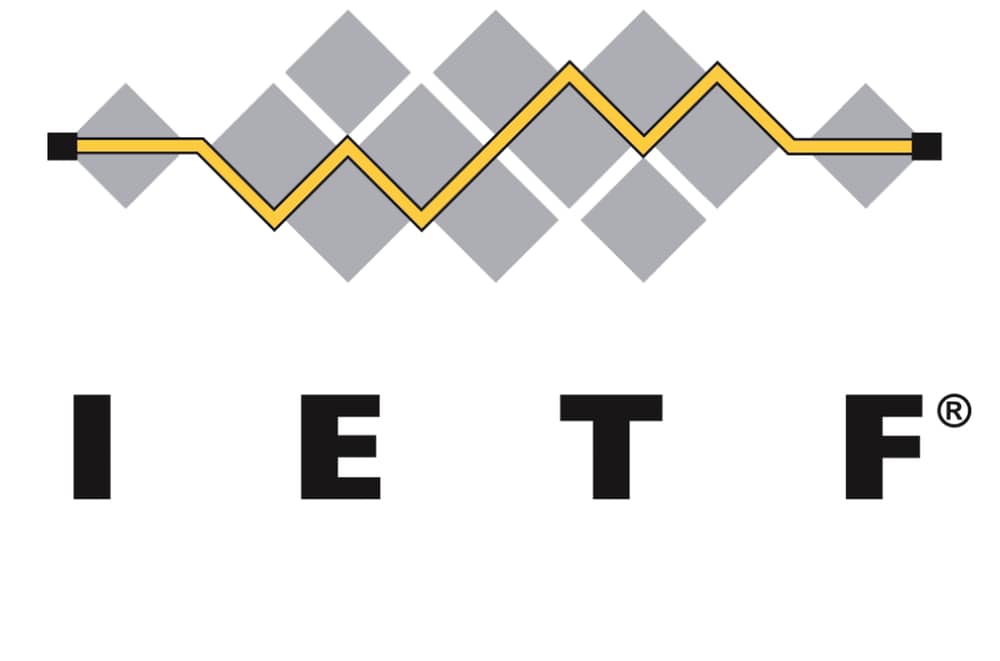
Image VIA
The IETF were established in 1986 by the IAB (see above – it’s all a little incestuous isn’t it?)
The organisation comprises of internet administrators, vendors, designers and researchers who are:
“Dedicated to making the Internet work better.”
It aims to improve internet technology and give “relevant, high-quality documents” that inform people how to manage and design the bits and bobs of the internet.
The IETF pay particular attention to the fascinating topics of routing, security and transport. They like to think of themselves as the internet’s very own Ministry of Information.
Others worry that the “relevant” and influential documents mentioned above might be designed to change or mould public attitudes; in other words – propaganda. Some people think that it’s a bit dodgy that the IAB created the IETF. If I could keep up with all the acronyms, I reckon I would think it was dodgy, too.
Internet Corporation For Assigned Names And Numbers (ICANN)
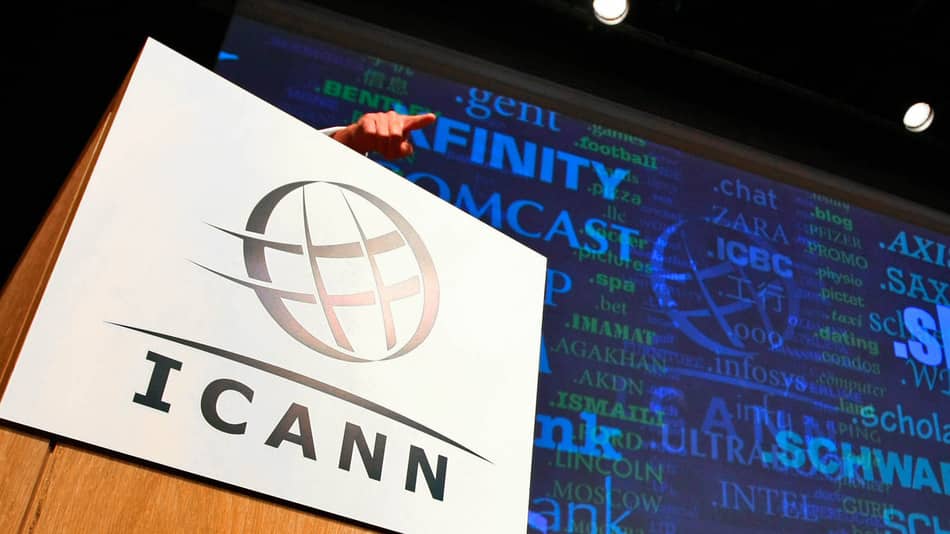
Image VIA
The last of these big mysterious acronyms is ICANN. Started in ’98, ICANN is the glue that holds the internet of things tightly together.
ICANN creates form from the billions of data points, random web addresses and photos of people wearing gimp masks. ICANN deals with a whole world of practical things that help the internet do what we love it so much for doing. From Web addresses to IP addresses, ICANN is the holder of the map that the internet needs to wend its way from a weirdo in Texas to your screen in Croydon and back again.
ICANN ensure that no two connections have the same name, a boring but incredibly important job. Although ICANN are supposed to be a non-profit organisation, they’re alleged to be worth $100 million or more. How does that work?
In conclusion, the internet overlords are quite an interbred bunch of faceless acronyms. It’s pretty difficult to get a grip on who does what and why. In brief, ICANN draws the map, the IAB maps the territory, Google produces the search engine, and Apple creates the products that connect to the system. BOOM.
Overall, the internet is still owned by no single person or entity, and hopefully it can remain that way. My generally miserable and pessimistic point of view tells me it probably won’t though… long live the dark web.





